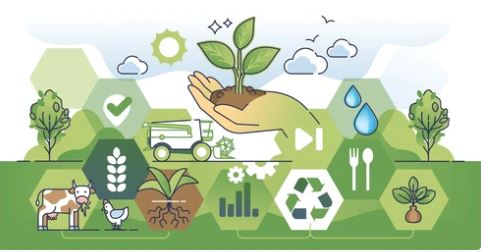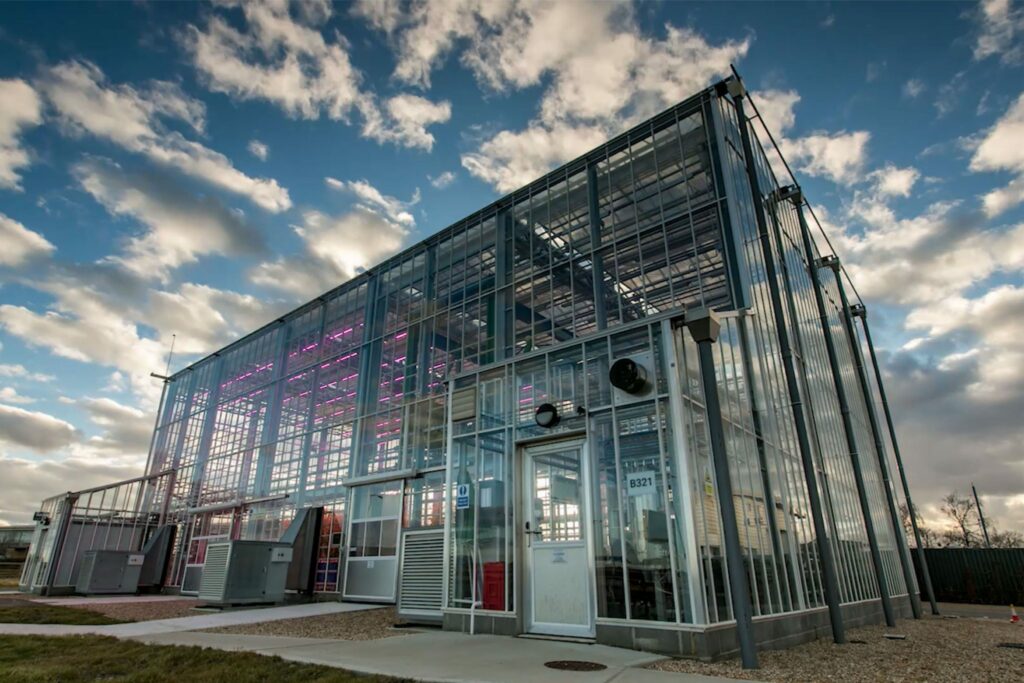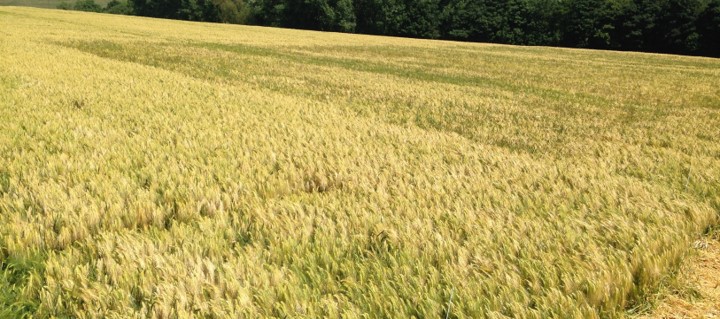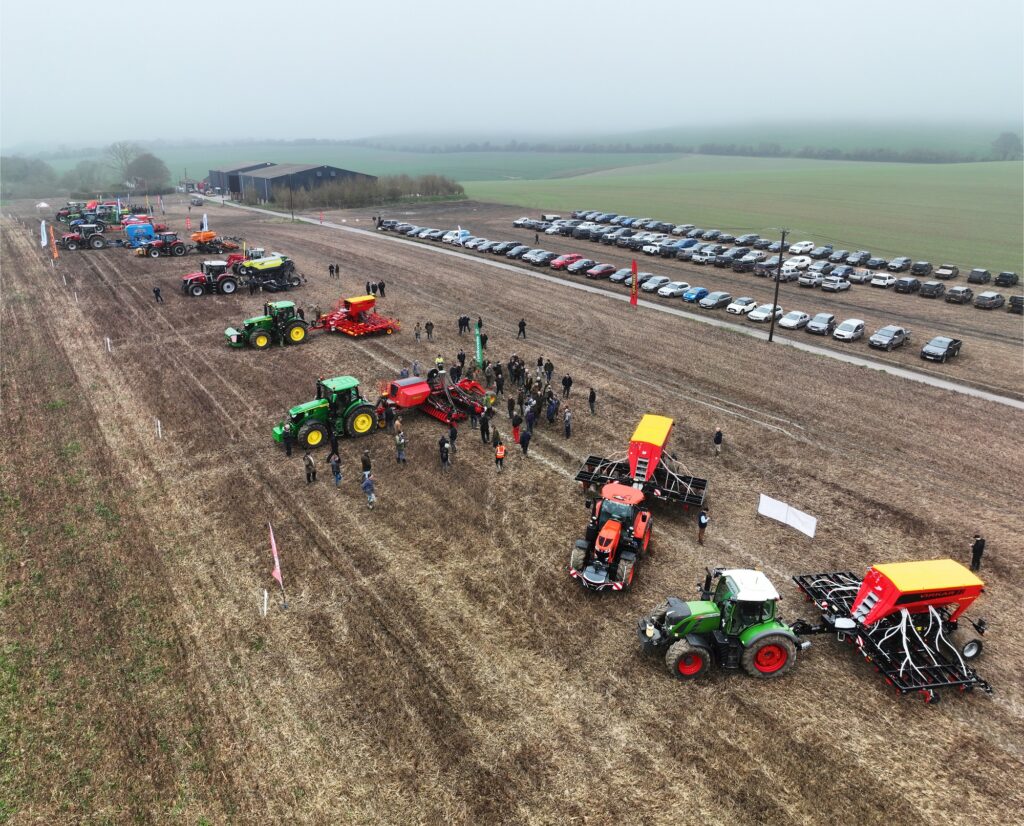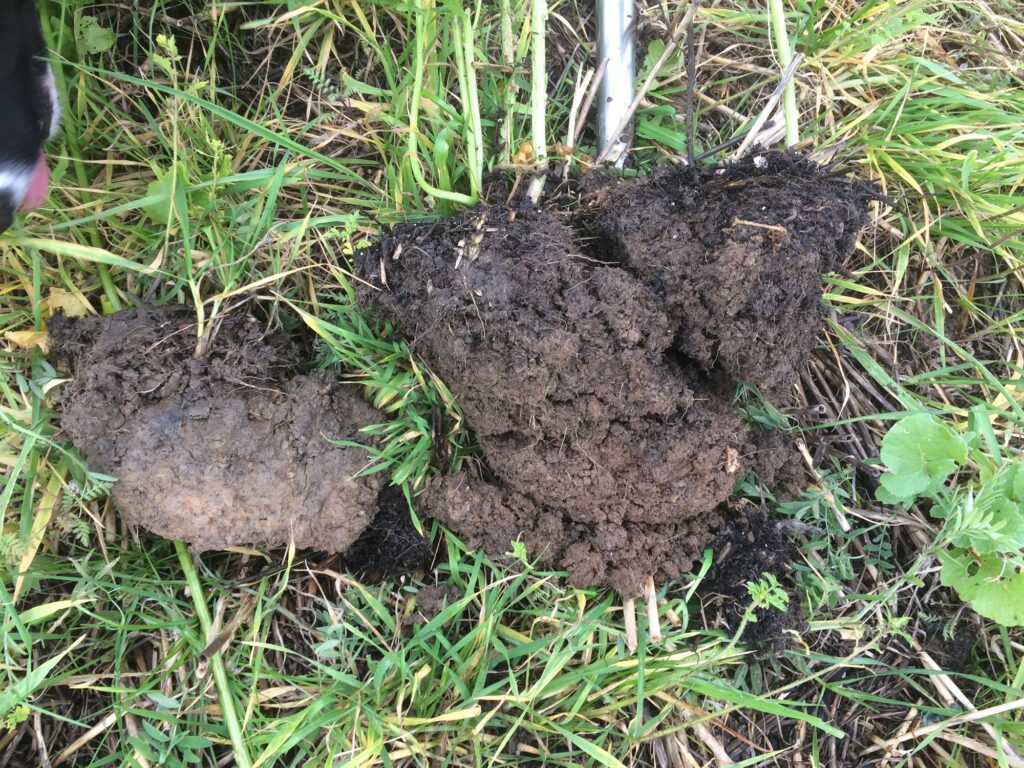Tips for transitioning
Overview: Reduced or minimum tillage requires soils to be in good condition for an efficient and effective transition from more conventionally tilled situations. Promoting healthy, biologically active and aerobic soil conditions is key to all forms of successful farming, and especially important where such activity, allied to vigorous crop root development and growth, can result …

